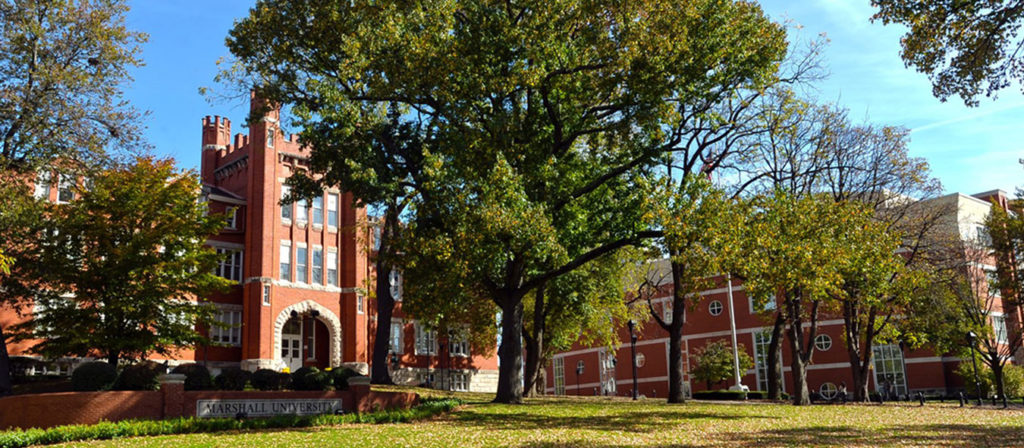The Kentucky-West Virginia Louis Stokes Alliance for Minority Participation (KY-WV LSAMP) program, spearheaded by the University of Kentucky, has received $3.5 million in renewed funding over the next five years by the National Science Foundation (NSF). The award will assist the alliance’s 10 institutions of higher learning from across the two states to continue its efforts in increasing the number of underrepresented students completing degrees in the fields of science, technology, engineering and mathematics (STEM).
Marshall University received a cumulative award of $190,430, according to the sub-award principal investigator, Maurice R. Cooley, associate vice president for intercultural affairs at Marshall.
The alliance includes Marshall University, University of Kentucky, University of Louisville, West Virginia University, Western Kentucky University, Centre College, Kentucky State University, West Virginia State University, Bluegrass Community and Technical College, and Jefferson Community and Technical College.
The University of Kentucky has led the KY-WV LSAMP program since it was created in 2006, and this new grant represents a third phase of the project, continuing through 2023. According to Cooley, “Marshall has the second largest number of LSAMP students enrolled, with 67 students, among all participating KY-WV alliance universities. Our LSAMP program is one of the most advanced; 11 students participated in undergraduate research last academic year and seven graduated, the highest among the alliance.”
The alliance has selected Marshall as the site for its 11th annual Research Symposium, March 1-2, 2019, according to Cooley. Marshall’s LSAMP office is located in Gullickson Hall 107 and is directed by Dr. Girmay Berhie, chair of the health informatics program and associate dean of research for the university’s College of Health Professions.
The new funding will continue to support programs and initiatives to increase undergraduate diversity in the STEM fields, as well as new initiatives, including support for graduate students through the Bridge to the Doctorate initiative.
Cooley said national studies show that underrepresented students enroll as STEM majors at the same rate as their counterparts, but graduate at significantly lower rates. The LSAMP project abstract asserts that the key to retention will be the provision of timely and effective individual support as needed, based on real-time tracking and both faculty and peer mentoring.
The NSF LSAMP program provides funding to alliances that implement comprehensive, evidence-based, innovative and sustained strategies that ultimately result in the graduation of well-prepared, highly qualified students from underrepresented groups who pursue graduate studies or careers in STEM. The program defines underrepresented groups as African Americans, Hispanic Americans, Native Americans, and Pacific Islanders.
To learn more about Marshall University’s LSAMP activities, contact Cooley by e-mail at cooley@marshall.edu or visit www.marshall.edu/intercultural.
Originally from Megan Archer for Marshall University Communications.
